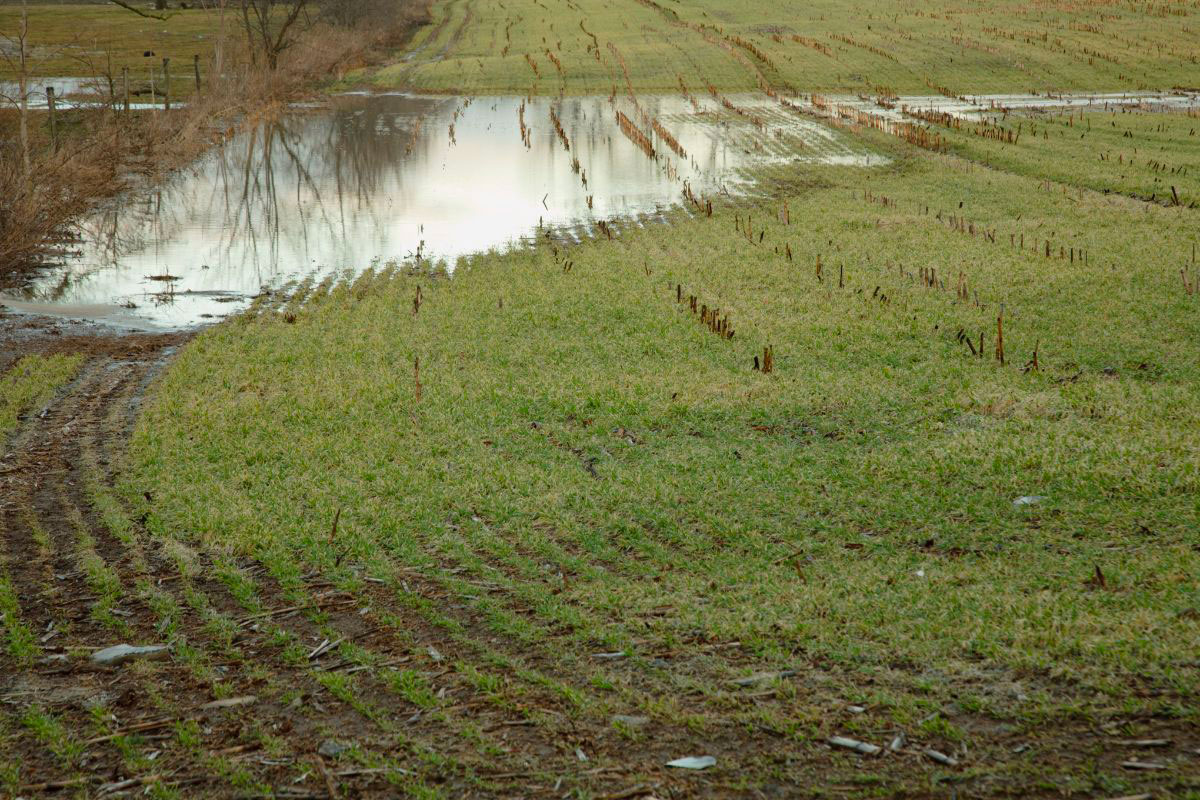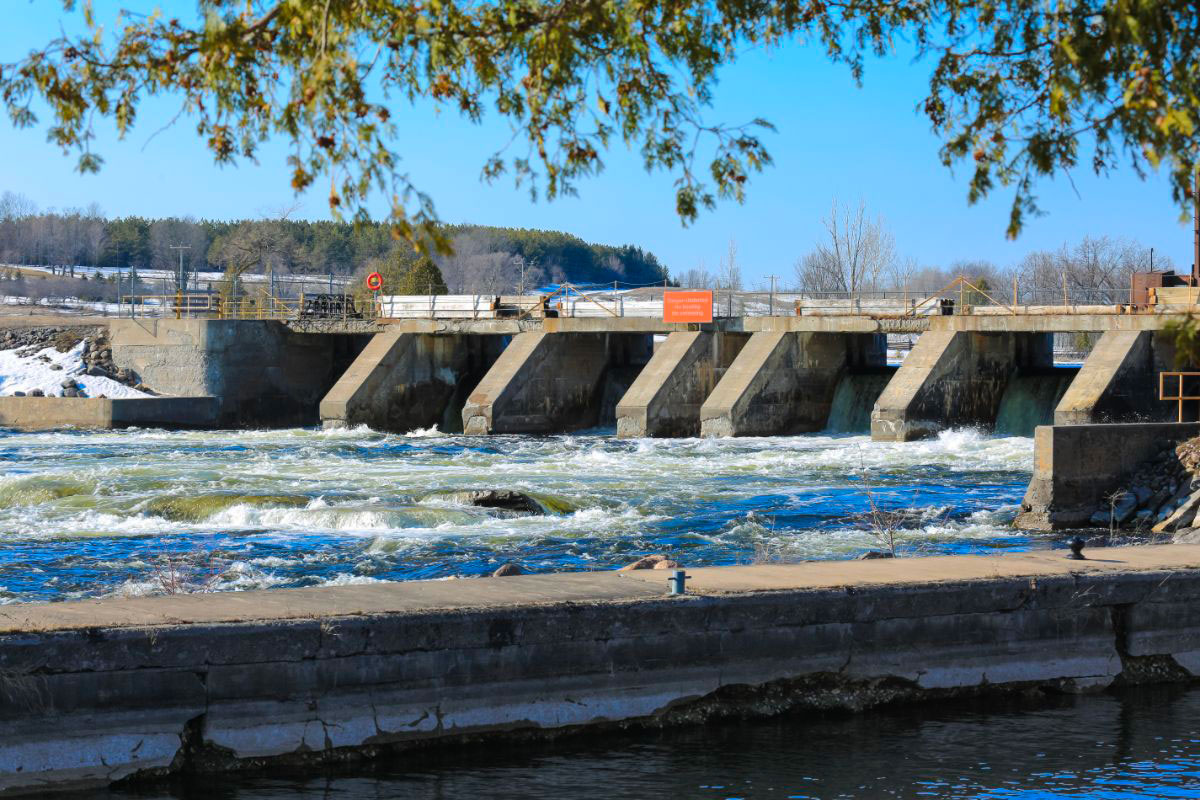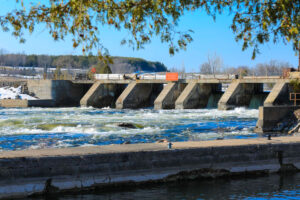The Impact of Flooding on Agriculture and Effective Flood Prevention Strategies
Floods, often caused by torrential rain, storms or flash floods, have a major impact on various aspects of daily life. One of the sectors most vulnerable to these disasters is agriculture. Floods can cause major economic losses and compromise food security. This article examines the impact of floods on agriculture and explores prevention strategies to mitigate their devastating effects.
Impact of flooding on agriculture
Various prevention and mitigation strategies can be put in place to reduce the impact of flooding on agriculture:
- Improving Drainage Systems: Building and maintaining effective drainage systems helps to manage excess water and reduce the risk of flooding. Ditches, drainage channels and pumping systems can help keep water away from fields and protect crops.
- Soil Conservation Practices: Techniques such as ploughing across slopes, using ground cover, and planting hedgerows can help prevent soil erosion and maintain the quality of farmland. Reforestation in catchment areas can also reduce the intensity of flooding.
- Designing Buffer Zones: Buffer zones, such as protected flood zones around agricultural fields, can absorb some of the floodwater and reduce the effects of flooding on crops. These areas play a crucial role in stormwater management.
- Development of Resilient Crops: Selecting and growing plant varieties that are more resistant to excess water and extreme conditions can help minimise losses during floods. Agricultural research continues to promote cultivars adapted to changing climatic conditions.
- Agricultural contingency plans: Farmers need to draw up contingency plans to deal with flooding. These plans can include equipment evacuation strategies, temporary crop protection methods and post-flood restoration procedures.
- Monitoring and Early Warning Systems: Setting up weather monitoring and early warning systems can help farmers prepare for extreme events. Real-time information on rainfall forecasts and water levels enables preventive measures to be taken and crops to be protected.
Conclusion: Towards Flood Resilient Agriculture
Floods pose a major challenge for agriculture, putting crops, soils, and food supply chains at risk. However, with appropriate prevention strategies and management practices, it is possible to significantly reduce the impact of these natural disasters. By adopting proactive measures and investing in sustainable agricultural technologies and practices, farmers can improve their resilience and ensure sustainable food security for the future.
Collaboration between farmers, researchers and policy-makers is essential to develop innovative solutions to the challenges posed by flooding. Together, we can build a more robust agriculture that is better prepared to cope with extreme weather events.

My name is Martin Desmet and I’m passionate about flood studies and hydrological risk management. For more than 20 years, I have devoted my career to understanding flood-related phenomena and helping communities to better prepare for and protect themselves against these devastating events. After completing my doctorate in hydrology at the University of Liège, I had the opportunity to work on various projects in collaboration with government bodies, NGOs and private companies. My career has led me to take a close interest in flood modelling and the impact of climate change on our hydrological regimes. I have also had the opportunity to contribute to the design of early warning systems and emergency plans for vulnerable regions. Even though I have published a few scientific articles and given lectures, I remain first and foremost involved in the field, where I can provide concrete solutions tailored to the needs of communities. Outside work, I enjoy spending time in nature, particularly near rivers and wetlands, which inspire me and help me to better understand the ecosystems I study. My aim is to continue learning and sharing my knowledge to help reduce the impact of flooding on our lives and our environment.
Discover more from Flood-news.org
Subscribe to get the latest posts sent to your email.







Leave a Reply